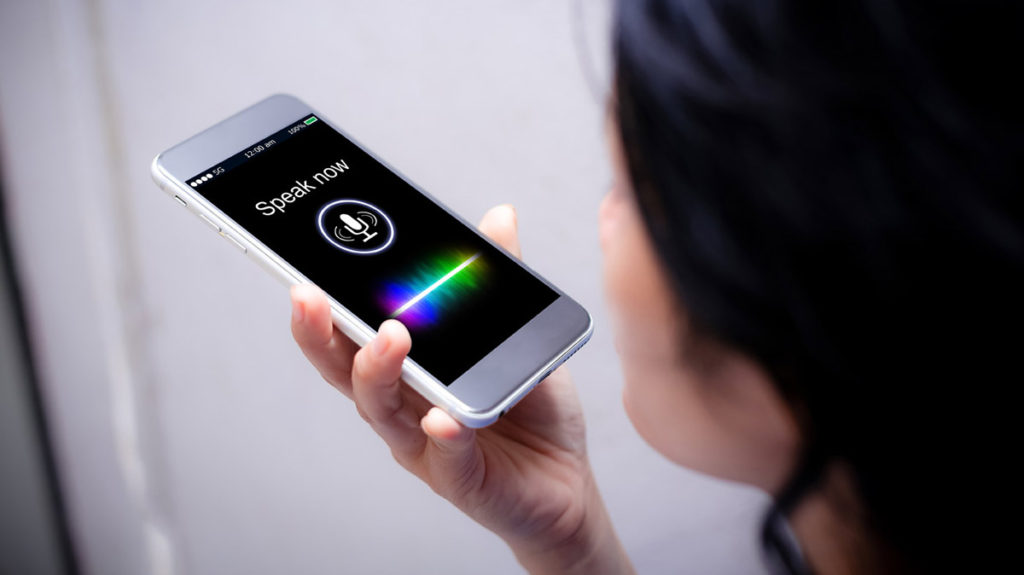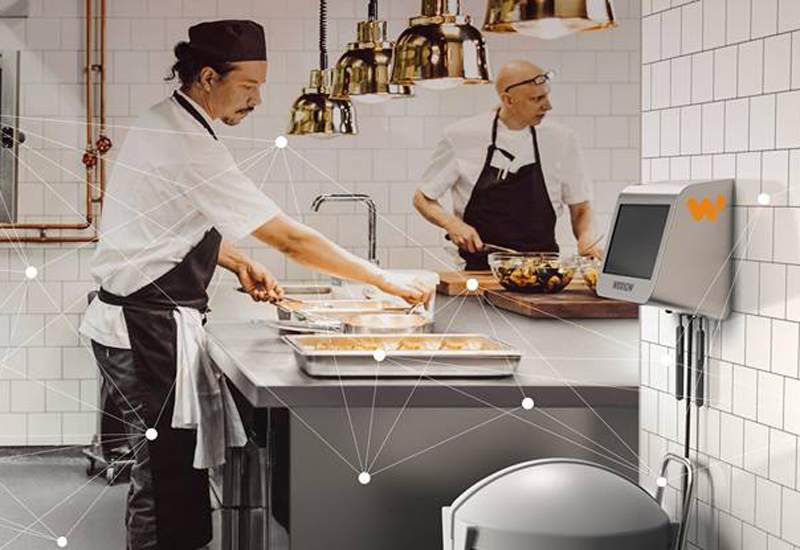In today’s rapidly advancing world, voice recognition technology has become a cornerstone of innovation, revolutionizing how we interact with our devices. This article will delve into the intricacies of this fascinating technology. Whether you’re a tech enthusiast or simply curious, you’ll find valuable insights here.

What is Voice Recognition Technology?
At its core, voice recognition technology refers to the ability of a machine or program to receive and interpret dictation or to understand and carry out spoken commands. It has become a vital component in smart devices, enhancing convenience and accessibility.
The Evolution of Voice Recognition
The journey of voice recognition technology began decades ago. From simple command-based systems to sophisticated AI-driven platforms, it has seen remarkable growth. Today, it’s integrated into various applications, making our lives easier and more efficient.
Early Developments
In the early days, voice recognition was limited to simple tasks. However, advancements in AI have transformed it into a tool capable of understanding and processing complex human language.
Modern Applications
Modern voice recognition technology is embedded in smartphones, smart speakers, and even vehicles. It plays a crucial role in enhancing productivity by enabling hands-free operations. For more on how smart home systems utilize this technology, visit smart home productivity.
How Voice Recognition Works
The technology behind voice recognition involves complex algorithms and neural networks. These systems analyze sound waves and convert them into digital data, which is then processed to understand the intended commands.
Key Components
Key components include acoustic modeling, language modeling, and signal processing. These elements work together to ensure accurate and efficient recognition of spoken words.
Challenges in Voice Recognition
Despite its advancements, voice recognition technology faces challenges such as accents, background noise, and language nuances. Researchers continue to work on improving the accuracy and reliability of these systems.
The Role of AI in Voice Recognition
AI plays a pivotal role in the success of voice recognition technology. It enables machines to learn from user interactions and improve over time, offering a more personalized experience.
Machine Learning
Machine learning algorithms are at the heart of AI-driven voice recognition systems. They allow devices to adapt to different voices and speech patterns, enhancing their accuracy.
AI-Powered Innovations
AI continues to drive innovations in voice recognition, making it more intuitive and user-friendly. To explore more about how AI is shaping user experiences, visit the future of voice recognition.
Applications in Daily Life
From setting reminders to controlling smart home devices, voice recognition technology has seamlessly integrated into our daily lives. It offers convenience and accessibility, making tasks more manageable.
Smart Home Integration
Smart home systems heavily rely on voice recognition to enhance user experience. Learn more about how these systems collect and utilize data by visiting smart home data collection.
Voice Assistants
Popular voice assistants like Siri, Alexa, and Google Assistant have made voice recognition a household name. These assistants are continually evolving, offering more features and improving user interaction.
Security and Privacy Concerns
While voice recognition technology offers numerous benefits, it also raises concerns about privacy and data security. It’s essential for users to understand how their data is collected and used.
Data Protection
Companies are investing heavily in ensuring user data is protected. However, it’s crucial for users to be aware of potential risks and take necessary precautions.
Ensuring Privacy
Understanding the privacy policies of devices and applications using voice recognition technology is vital. For more on how to secure your smart home, check out fixing smart home glitches.
Future Trends in Voice Recognition
The future of voice recognition technology is promising, with continuous advancements and new trends emerging. From healthcare to entertainment, its applications are expanding rapidly.
Healthcare Innovations
Voice recognition is set to revolutionize healthcare by enabling hands-free documentation and improving patient care.
Entertainment and Gaming
In the entertainment sector, voice recognition is enhancing user experiences by offering interactive and immersive content.
Industry Leaders
Several companies are at the forefront of voice recognition technology, driving innovation and setting new standards.
Tech Giants
Companies like Google, Amazon, and Apple are leading the charge, continually refining their voice recognition capabilities to deliver better user experiences.
Startups and Innovators
Innovative startups are also entering the scene, offering unique solutions and contributing to the growth of voice recognition technology.
The Impact on Society
The widespread adoption of voice recognition technology has a profound impact on society, influencing how we communicate and interact with technology.
Accessibility and Inclusivity
By making technology more accessible, voice recognition is breaking down barriers for individuals with disabilities, promoting inclusivity.
Changing Communication
As voice recognition becomes more prevalent, it is changing the way we communicate, making interactions more natural and intuitive.
Conclusion
In conclusion, voice recognition technology is a transformative force, reshaping our interaction with technology. Its potential is limitless, promising exciting developments in the years to come.

FAQ
What is voice recognition technology used for?
It is used for converting spoken words into digital data, enabling hands-free control of devices and enhancing accessibility.
How accurate is voice recognition technology?
While accuracy has improved significantly, it can still be affected by factors like background noise and accents.
What are the privacy concerns with voice recognition?
Privacy concerns include data collection and usage, making it important for users to understand and manage their device settings.
This article contains affiliate links. We may earn a commission at no extra cost to you.





